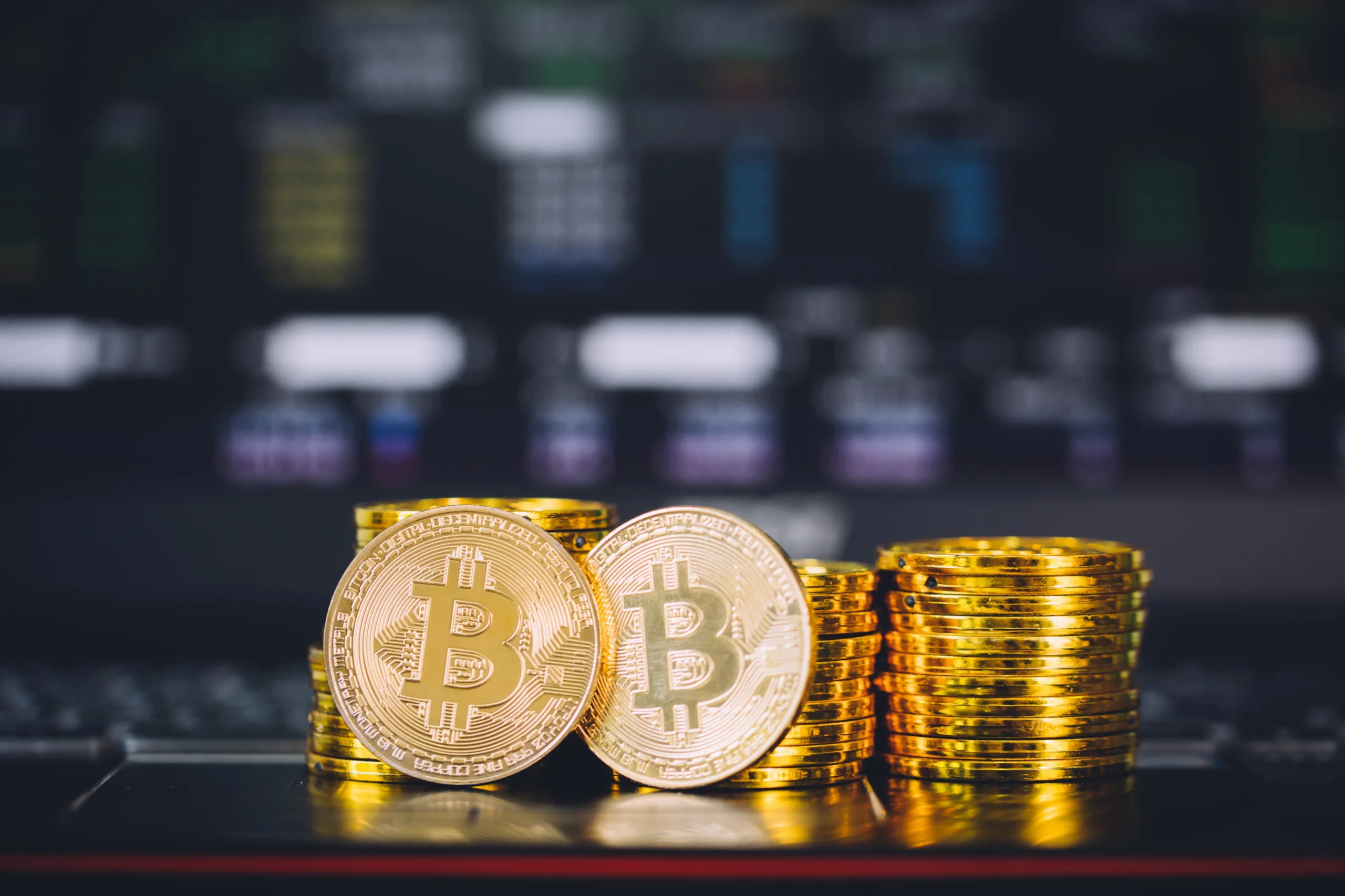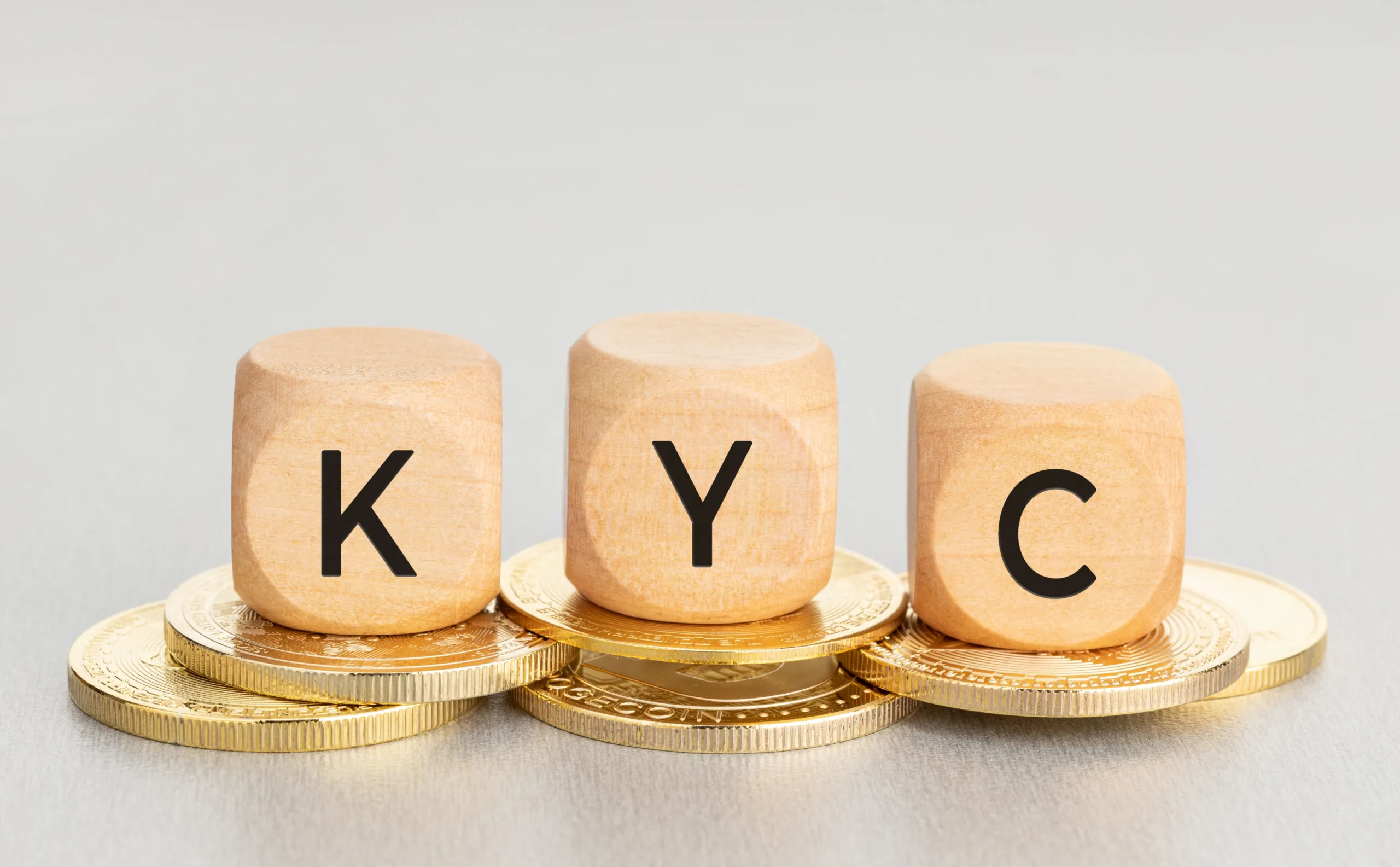
Bitcoin’s Price Stability Amid Financial Market Instability
In a world dominated by the constant flux of news cycles, it’s natural to expect that the inherent volatility of the financial markets would extend
Discover our Blogs covering the latest news in bitcoin and cryptocurrency.

In a world dominated by the constant flux of news cycles, it’s natural to expect that the inherent volatility of the financial markets would extend

In the intricate world of Bitcoin’s blockchain, a phenomenon known as “Bitcoin halving” reverberates as a cornerstone event. Halving entails a reduction in mining rewards

2023 has been a very eventful year for Bitcoin, with its price experiencing significant fluctuations. After a strong rally, Bitcoin’s value reached near $30,000, coming

In the world of cryptocurrencies, the term “KYC” has become a common acronym, standing for “Know Your Customer” or “Know Your Client”. While this might

In recent years, the remittance industry has witnessed a remarkable transformation, thanks to the advent of Bitcoin ATMs. These cutting-edge machines, such as those provided

VANCOUVER, July 20, 2023 – HoneyBadger Enterprises Ltd. (“HoneyBadger” or the “Company”), a leading network of Bitcoin ATMs in Canada, is thrilled to announce the
Established in 2016, HoneyBadger is your secure partner in Canadian cryptocurrency investment.
Subscribe to our newsletter for the latest news in cryptocurrency.